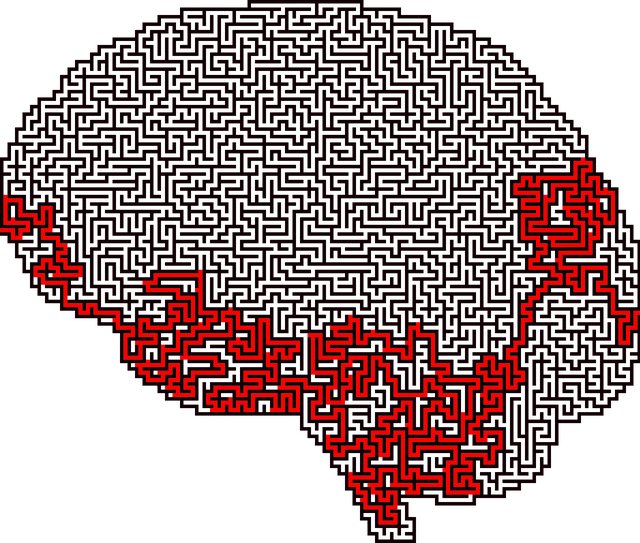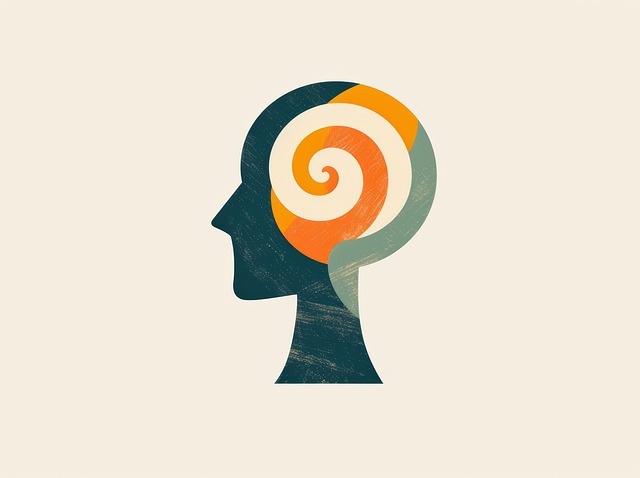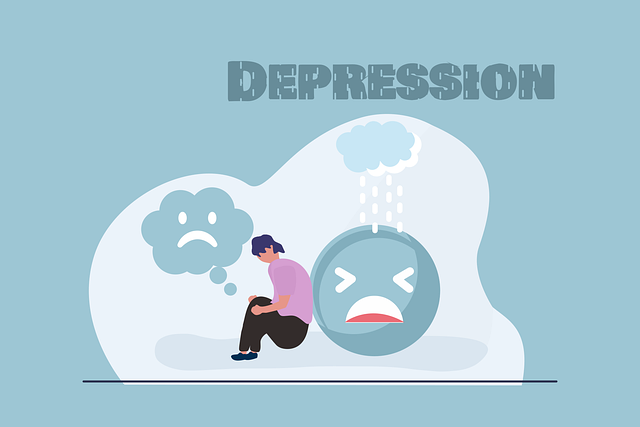Stress management workshops leveraging evidence-based practices like Centennial EMDR Therapy are crucial in today's fast-paced world. These workshops equip individuals with tools for crisis intervention, anxiety relief, and risk assessment, focusing on emotional intelligence and trauma processing. Combining theoretical knowledge with interactive facilitation techniques, such as eye movement desensitization, group discussions, and safe spaces, these sessions foster active learning and long-lasting behavioral changes. Measuring success through quantitative and qualitative evaluations demonstrates the workshop's effectiveness in reducing stress and enhancing emotional well-being, with continuous improvement driven by data analysis and program refinement.
Stress management workshops are a powerful tool for promoting well-being. In today’s fast-paced world, understanding and mitigating stress is crucial. This article delves into comprehensive strategies, focusing on the role of Centennial EMDR Therapy, a game-changer in stress reduction. We explore designing engaging workshops, effective facilitation techniques, and measurement tools for success. By implementing these practices, organizations can foster resilient and thriving employees, enhancing overall productivity and satisfaction.
- Understanding Stress and Its Impact on Well-being
- The Role of Centennial EMDR Therapy in Stress Management
- Designing Effective Stress Management Workshops
- Facilitation Techniques for Engaging Participants
- Measuring Success and Continuous Improvement
Understanding Stress and Its Impact on Well-being

Stress is an inevitable part of modern life, but its impact on our well-being can be profound and detrimental if left unaddressed. It’s essential to understand that stress isn’t merely a temporary response; it can become a chronic condition, affecting both mental and physical health. The constant strain can lead to increased anxiety, depression, and even more severe psychological issues over time. This is where workshops on stress management gain significance, especially in today’s fast-paced world.
Centennial EMDR Therapy, for instance, is a therapeutic approach that helps individuals process traumatic memories and reduce the associated distress. By focusing on past experiences and their emotional impact, this therapy enables people to regain control over their mental health. Moreover, workshops can provide valuable tools for crisis intervention and anxiety relief, ensuring that participants are equipped with strategies to navigate stressful situations effectively. These sessions also offer a space for risk assessment, allowing mental health professionals to gain insights into managing their own stress levels and better supporting others in need.
The Role of Centennial EMDR Therapy in Stress Management

Centennial EMDR Therapy offers a unique and effective approach to stress management, focusing on the connection between traumatic memories and emotional responses. This therapeutic method facilitates the processing of distressing events, allowing individuals to gain new perspectives and reduce the intensity of associated feelings. By tapping into the brain’s natural healing mechanisms, Centennial EMDR Therapy helps participants work through deep-seated issues, thereby improving their overall mental wellness.
Incorporating this therapy within workshops provides a structured framework for self-care routine development. Participants learn valuable Emotional Intelligence skills, enabling them to recognize and manage their emotions effectively. Additionally, journaling exercises guide individuals in exploring their thoughts and feelings, fostering personal growth and enhancing mental health. Through these holistic practices, stress management workshops equip attendees with powerful tools to navigate life’s challenges and cultivate a sense of resilience.
Designing Effective Stress Management Workshops

Designing effective stress management workshops is an art that combines psychological theory with engaging facilitation techniques. At the core of successful workshops lies a deep understanding of the target audience’s needs and challenges, especially in today’s fast-paced world where mental wellness is a paramount concern. The integration of evidence-based practices like Centennial EMDR Therapy can significantly enhance these sessions’ impact. This approach not only offers a structured framework for addressing stress but also encourages emotional processing and resilience building.
Organizing such workshops involves strategic planning, including curriculum design that aligns with the latest research in mental wellness. Incorporating interactive elements, case studies, and group discussions ensures active participation, fostering a supportive environment. Additionally, leveraging the Mental Wellness Podcast Series Production as a promotional tool can attract diverse audiences, while emphasizing emotional intelligence as a key takeaway empowers attendees to navigate life’s stressors more effectively.
Facilitation Techniques for Engaging Participants

Effective facilitation techniques are paramount to ensure participants actively engage and benefit from stress management workshops. Facilitators should employ interactive methods that go beyond traditional lectures, fostering a dynamic learning environment. One powerful tool is Centennial EMDR Therapy, which leverages eye movement desensitization and reprocessing to help individuals process traumatic memories and reduce associated stress responses. This approach encourages participants to actively participate by sharing personal experiences and practicing self-regulation techniques.
Additionally, promoting emotional intelligence (EI) through group discussions and role-playing exercises can significantly enhance the workshop’s impact. Facilitators should create a safe space where participants feel comfortable expressing their emotions and learning from each other. Regular risk assessments for mental health professionals are also crucial to ensure participant well-being, identify potential triggers, and adapt facilitation strategies accordingly. These techniques not only make the workshops more engaging but also contribute to long-lasting behavioral changes in stress management.
Measuring Success and Continuous Improvement

Measuring success is a vital aspect of any workshop series, especially when it comes to stress management, where the impact can be subjective and personal. The organization should implement a comprehensive evaluation system that captures both quantitative and qualitative data. This could involve pre- and post-workshop surveys to assess participants’ stress levels, emotional well-being, and overall satisfaction. By comparing these results, the workshop’s effectiveness in reducing stress and improving emotional intelligence (a key component of mental wellness) can be accurately gauged.
Continuous improvement is fostered through regular review and adaptation. The data collected should be analyzed to identify areas for enhancement, such as refining presentation techniques, incorporating more interactive activities, or tailoring content to specific demographics. For instance, integrating the knowledge gained from a successful Community Outreach Program Implementation can further enrich the workshops. Additionally, producing a Mental Wellness Podcast Series can provide an outlet for sharing valuable insights and tips, ensuring that the benefits of these workshops extend beyond the immediate participants.
Stress management workshops, enriched by techniques like Centennial EMDR Therapy, play a pivotal role in promoting well-being. By designing engaging sessions, employing effective facilitation methods, and measuring success through continuous improvement, organizations can empower individuals to navigate life’s challenges with resilience. These workshops not only provide tools for stress reduction but also foster a culture of mental wellness within communities.














